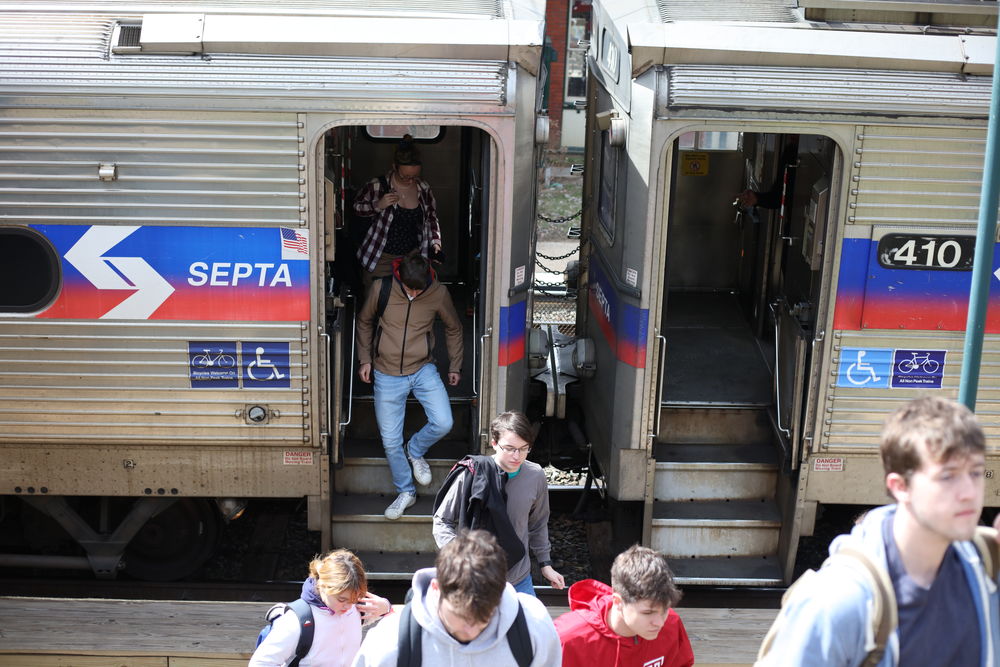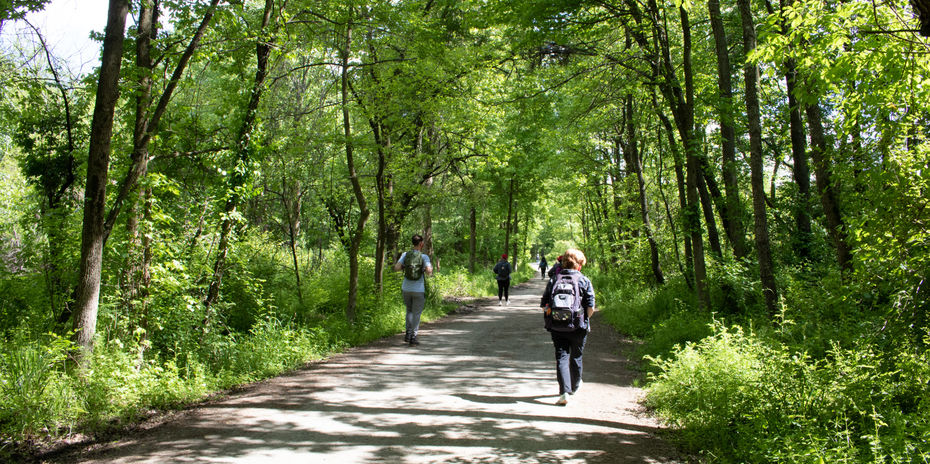
Community Engagement. Fellowship. Stewardship. Experiential Learning.
Temple recognizes the important role that students play in building a sustainable campus from the ground up. The best way to initiate change is to become a part of it, and EcoReps connect and empower student changemakers to create a better tomorrow.
EcoReps is a peer education program that trains and develops you to embody, promote and lead sustainable change and climate action on campus.
The EcoReps program is for all students from every college and major, who are concerned about our climate future and passionate about positive, sustainable change. EcoReps is your gateway to sustainability programming, volunteer opportunities, and leadership development.

What have EcoReps done?
EcoReps are part of the greater sustainability team. They help our office achieve the goals outlined in the Climate Action Plan via programming, outreach, service, communication, and telling our stories around campus and the city.
- EcoReps have founded a student-led, bike-powered organic waste pickup service, Diamond Compost
- EcoReps have written, shot, and marketed a zero waste video series
- EcoReps have authored and facilitated teach-ins and workshops on topics such as low carbon eating, environmental justice, and Good Neighbor stewardship initiatives
- EcoReps have fixed up dozens of reclaimed abandoned bikes and held the Secondhand Cycle Sale
- EcoReps have coordinated student participation in Give + Go Green, our sustainable move out program, in every residence hall, and sorted tons of clothing in preparation for Temple Thrift



